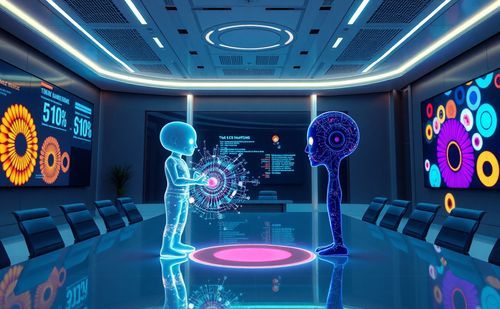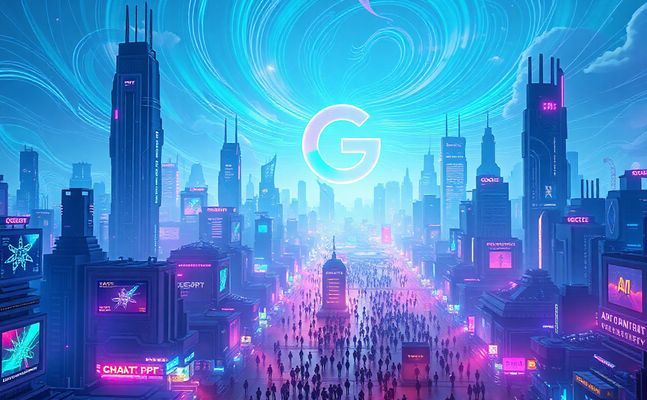ChatGPT, developed by OpenAI, has been at the forefront of artificial intelligence (AI) advancements. Launched in November 2022, this AI-powered chatbot has quickly become a viral sensation. One of the most recent updates involves the chatbot`s ability to freeze up when asked about specific names, such as `David Mayer` or `Jonathan Turley` [1].
This phenomenon has sparked conspiracy theories but is largely attributed to digital privacy requests and hard-coded filters to prevent potential biases or misinformation. Additionally, OpenAI is exploring the possibility of integrating ads into ChatGPT, a move that could raise eyebrows given the companys previous stance on advertising [1].
Claude: The Challenger to ChatGP`s Throne

Claude, developed by Anthropic, is another significant player in the AI landscape. While both models are driving innovations in conversational AI, they differ in their approach to natural language processing and ethical challenges. Claude has been gaining traction for its ability to handle complex queries and provide more nuanced responses compared to ChatGPT [4]. The comparison between these two models highlights the ongoing competition in the AI industry, with each model striving to improve human-computer interaction.
AI Everywhere: Trust Issues and Security Concerns
The integration of AI tools into various industries has raised significant trust issues, particularly among older generations. According to Malwarebytes, a combined 54% of people between the ages of 60 and 78 believe that ChatGPT and similar generative AI tools pose a greater threat to personal data misuse than social media platforms [2]. This distrust is coupled with widespread concerns about the security and privacy of personal data when using AI tools. The public`s skepticism is evident in the low adoption rates among Baby Boomers, with 71% having never used these tools before [2].
Google`s AI Push: Gemini and Beyond

Google has also been actively integrating AI into its services. The launch of Gemini, an AI tool that generates images, answers questions, and provides fine-tuned recipes, has further blurred the lines between human and machine interaction [2]. This move reflects Google`s commitment to enhancing user experience through AI-driven functionalities. However, this integration also underscores the need for transparency and trust in AI development, as highlighted by the public`s concerns about data privacy and security.
Future of AI: Challenges and Opportunities
The future of AI is marked by both challenges and opportunities. OpenAI`s ongoing efforts to improve ChatGPT include the development of CriticGPT, a model designed to find errors in ChatGPTs code output [1]. This initiative underscores the importance of continuous improvement in AI systems to ensure accuracy and reliability. Additionally, OpenAIs plans to train its next flagship model to succeed GPT-4 indicate a commitment to advancing AI capabilities [1]. The industrys focus on ethical challenges and security measures will be crucial in addressing public concerns and fostering trust in AI technologies.
- https://techcrunch.com/2024/12/03/chatgpt-everything-to-know-about-the-ai-chatbot/
- https://www.malwarebytes.com/blog/news/2024/11/ai-is-everywhere-and-boomers-dont-trust-it
- https://ediscoverytoday.com/2024/12/03/names-that-break-chatgpt-can-cause-other-problems-artificial-intelligence-trends/
- https://claudeaihub.com/claude-vs-chatgpt/
- https://www.killerstartups.com/our-thoughts-on-chatgpt-4-does-it-compare-with-claude/

 EN
EN  MT
MT  DE
DE  FR
FR  ES
ES  IT
IT 